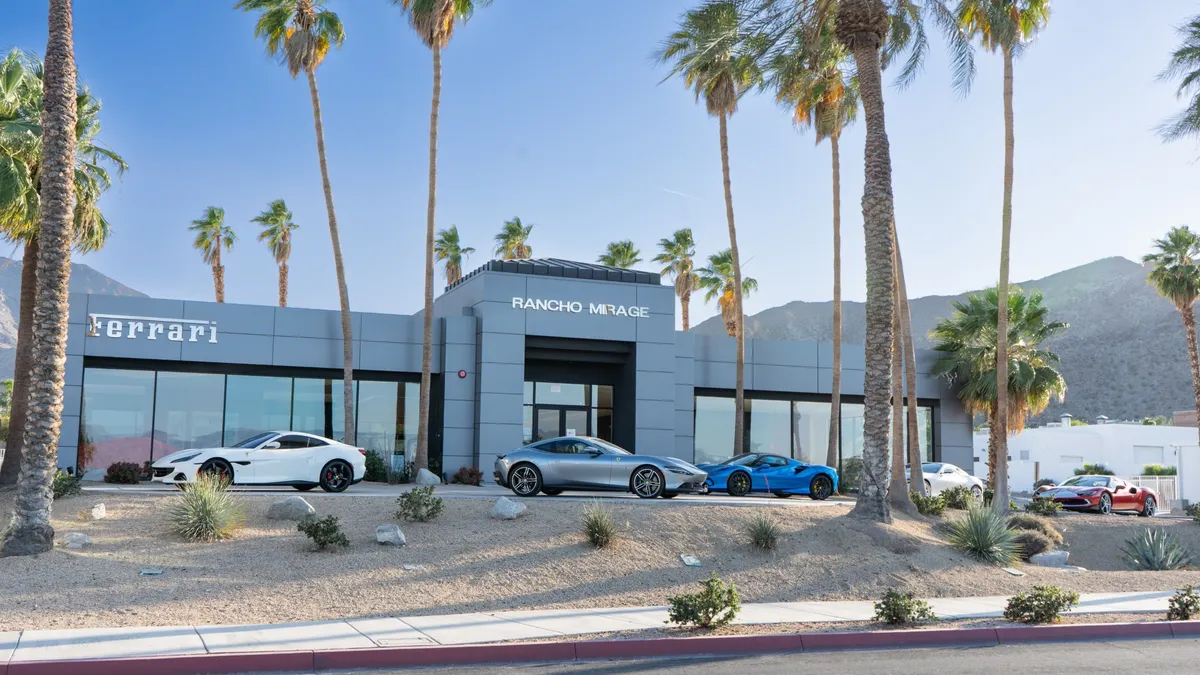Editor's note: This story is part of the WardsAuto digital archive, which may include content that was first published in print, or in different web layouts.
MUMBAI – The Indian government’s budget for fiscal 2012-2013 restructures taxes that have raised the cost of light vehicles in the market and takes small steps to promote alternative fuels and skills development within the auto industry.
Auto makers here are heaving a sigh of relief that the budget does not levy the widely feared deterrent diesel tax on vehicles or fuels.
As the tax measures were being presented to the Parliament, shares of major diesel-vehicle makers Mahindra & Mahindra and Tata rose 2% to 3%. Shares of Maruti Suzuki, which has extensive plans for entering the diesel segment, increased 6.1%.
By the time details of the tax revisions started coming in, auto makers realized the industry faced a net tax increase of 3% to 4%, and half of the share-price gains promptly were lost.
Among the details: Excise duty on small cars with gasoline-powered engines less than 1.2L and diesels with less than 1.5L is increasing to 12% from 10%. This category includes some smaller compact cars such as the Maruti Dzire and Tata Indica CS.
Duty on cars with gas or diesel engines larger than 1.5L is rising to 24% from 22%; also included in this bracket are executive cars including the Renault Fluence and Toyota Corolla Altiswith smaller (1.6L-1.8L) diesel powerplants.
Larger luxury cars with gasoline and diesel engines above 1.5L, which had been taxed 22% plus a flat Rs15,000 ($300), now will pay a 27% value-added tax. This classification takes in both the 1.6L Volkswagen Vento and Mercedes E-Class.
In response, auto makers are raising light-vehicle prices Rs5,000-Rs 150,000 ($100-$3,000).
Further, customs duty on imports of completely built-up super-luxury cars costing more than Rs2 million ($40,000) with diesel engines larger than 2.5L or gasoline engines larger than 3.0L goes from 60% to 75%.
These are just the nominal duty rates; with all the additional levies, charges, countervailing duties and the like, the cumulative tax on CBU imports jumps from 112% to 140%. Auto makers are surprised by this increase, because the number of imports is so small that they do not generate significant revenue.
The industry’s response to the tax hikes is summed up by Arvind Saxena, sales director-Hyundai: “The budget is negative for us all.”
Says Shinzo Nakanishi, managing director and CEO-Maruti Suzuki India: “The increase in excise duty will hurt automobiles at a time when (the) industry is in the midst of a slowdown due to the combined effect of high interest rates and high fuel prices.”
The across-the-board 2% boost in excise duty “will increase prices of our products and will have negative impact on consumer confidence,”adds Michael Boneham, president-Ford India.
Suppliers share OEM concerns. The Automotive Component Manufacturers Assn.of India says an increase in import duties on flat-rolled,high-quality steel plates from 5%to 7% will further add to the cost of components. The auto makers’ operating margins, already squeezed, also willpush suppliers’ costs upward, parts makers say.
“The duties will definitely act as a growth deterrent for the overall auto industry,” says Neeraj Garg, director and board member-Volkswagen India.“Moreover, it becomes difficult to plan our long- and mid-term strategies in such a volatile market.”
The only auto executive looking somewhat positively on the budget is Jnaneswar Sen, senior vice president-Honda SielIndia, who says higher vehicle prices will have to be offset by interest-rate reductionsif industry growth is to be maintained.
Auto makers have been under tremendous cost pressure. Light-vehiclesales increased10.9%in 2011, while the cost of materials climbed16.3% and operating profits slipped1.7%.
Indian consumers can choose from among more than 50 super-luxury models from 16 auto makers importing them as CBU units. But the spike from the current 112% duty to 140% means these models could carry additional duty anywhere from Rs5 million-Rs11 million ($100,000-$220,000).
Importers are worried about such large price increases on marques ranging from Audi and Aston Martin to Bentley and Bugatti. “The budget is very disappointing for us,” says Suhas Kadlaskar, director-Mercedes Benz India. “We were hoping for some reduction in taxes for large vehicles instead of hiking it further.
“We are going to pass on the additional burden to customers. We have not decided the exact amount yet, but on average it will vary between Rs200,000-Rs300,000 ($4,000-$6,000).
However, there are wealthy buyers willing to pay more for high-technology and highly comfortable cars with aspirational value. In fact, the higher the price, the greater demand could prove an embarrassment for the government.
In the proposed free trade agreement with the European Union, it is India’s 60% duty on super-luxury cars that has been the main bone of contention in more than two years of negotiating. The EU wants it lowered to 6%.
The duty increases in India’s new budget are sending confusing signals to its negotiators ofthe bilateral trade agreement. Domestic auto makers are happy with the hikes, as this would discourage vehicle imports.
The budget does contain a few benefits for auto makers. Double the amount spent on research and development canbe deducted from taxable income for the next five years. Similarly, 150% of the cost of providing skills development canbe deducted.
Duty on lithium-ion batteries and some other parts imported for hybrid or electric vehicles has been reduced from 10% to 6%.
Auto makers are studying the wider implications of the changing tax structure on the market. But one point is clear: Investment in diesel-engine plants is being accelerated.





















